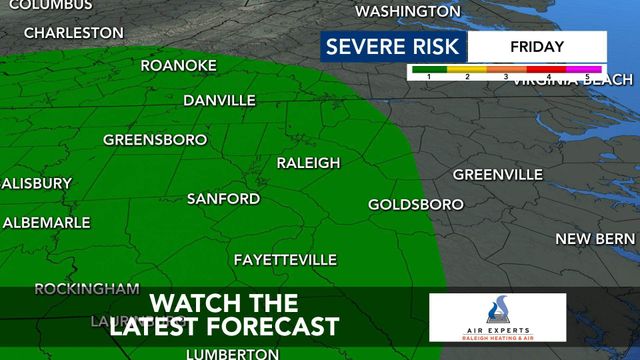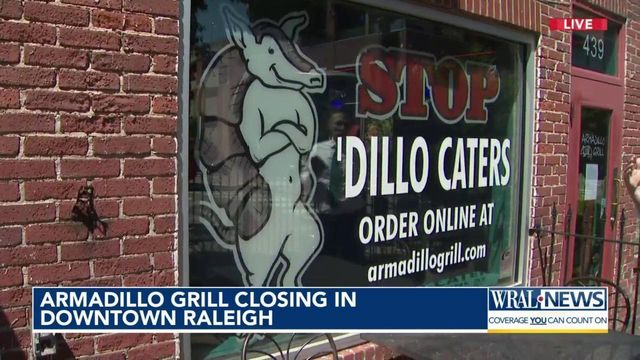Death Penalty Unlikely for Students' Suspected Killers
Because of age in one case and geography in the other, the two men charged in the slaying of a University of North Carolina student won't likely face the death penalty in the case, according to observers.
Laurence Alvin Lovette Jr., 17, of 1213 Shepherd St. in Durham, and Demario James Atwater, 21, of 414-B Macon St. in Durham, are charged with first-degree murder in the March 5 shooting death of UNC Student Body President Eve Carson. Lovette also has been charged with the Jan. 18 slaying of Duke University graduate student Abhijit Mahato.
A 2005 U.S. Supreme Court ruling prohibits the execution of anyone under 18 at the time of the crime, sparing Lovette's life. The harshest punishment he could face, if convicted of either crime, would be life in prison without parole.
"The fact is that, at age 16 or 17, we are not who we will grow up to be necessarily, and the notion of rehabilitation is much stronger for somebody that age," said Thomas Maher, executive director of the Center for Death Penalty Litigation, a Durham nonprofit that represents inmates on North Carolina's death row and assists defense lawyers in capital cases.
The difference in potential sentences for Lovette and Atwater also raises questions of fairness if prosecutors were to pursue the death penalty against Atwater, Maher said.
"That's part of the problem with the death penalty," he said.
Orange County District Attorney Jim Woodall said he hasn't decided whether he will seek the death penalty against Atwater.
Even if Atwater's trial becomes a capital case, history would be on the defense's side.
Since the death penalty was reinstated in North Carolina in 1977, no one has been sentenced to death in Orange County. The last person executed for an Orange County crime was John Breeze, who was put to death in January 1948 after being convicted of murder.
Superior Court Judge Carl Fox, a former Orange County district attorney, said a more liberal jury pool is one reason suspects never were sentenced to death in the two dozen capital cases he prosecuted there.
One of those cases was the infamous shooting of jogger Kristin Lodge-Miller in 1993. The jury returned a second-degree murder verdict against Anthony Simpson.
"You end up with a lot of people who either don't believe in (the death penalty) or are uncertain about it," Fox said. "They would have been inclined to impose life."
Some UNC students and Chapel Hill residents said the state's death penalty law should be enforced when circumstances call for it.
"When the evidence is there, we have to see that justice is served," Jonathan Stephenson said.
"People have no respect for anything or anybody, and I certainly believe the death penalty is in line," Max Yontz said.
Others expressed reservations about seeking the death penalty in Carson's slaying.
Survey people on Franklin Street in Chapel Hill and you'll find a range of emotions about the killing of Eve Carson.
"I don't think justice would be served by killing someone for killing someone," UNC senior James Williams said.
"It's too easy. The death penalty is too easy," business owner Aruna Patel said.










